Humans
Sign up for our newsletter
We summarize the week's scientific breakthroughs every Thursday.
-
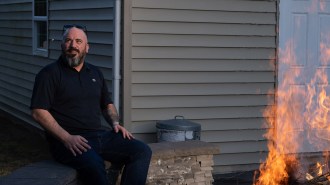 Health & Medicine
Health & MedicineHear patients with brain implants describe what it feels like
In the third episode of The Deep End, Jon shares how DBS surgery went and how he and other volunteers felt in the days and weeks afterward.
-
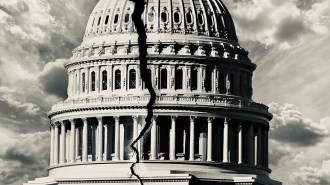 Science & Society
Science & SocietyWhy some chaos-seekers just want to watch the world burn
A political scientist explains how a confluence of personality traits and perceived status loss can encourage some people to generate chaos as a solution to their woes.
By Sujata Gupta -
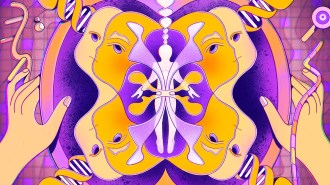 Humans
HumansBiological sex is not as simple as male or female
A recent Trump executive order defines sex based on gamete size. But the order oversimplifies genetics, hormones and reproductive biology.
-
 Health & Medicine
Health & Medicine‘It felt like dread.’ Hear what severe depression can do to people
In the second episode of The Deep End, listeners hear what it’s like to live with severe depression and the backstory of an experimental treatment.
-
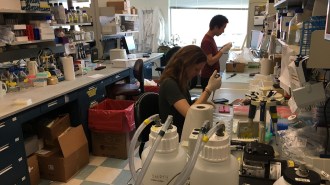 Health & Medicine
Health & MedicineNIH research grant cuts could deal a biting blow to crucial support staff
The funding agency aims to cap “indirect costs” in biomedical research grants. But this behind-the-scenes work is crucial to making research happen.
By McKenzie Prillaman and Alex Viveros -
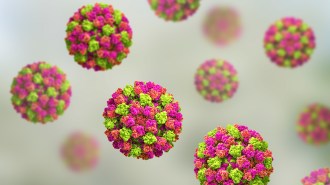 Health & Medicine
Health & MedicineWhy a norovirus vaccine isn’t available — yet
Norovirus is highly infectious and causing a lot of illness this winter. Several vaccine candidates are making their way through clinical trials.
-
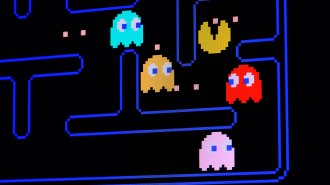 Health & Medicine
Health & MedicineA pancreatic cancer blood test called PAC-MANN could spot the disease early
The test relies on a magnetic nanoparticle linked to fluorescent molecules to detect pancreatic cancer proteins.
By Meghan Rosen -
 Health & Medicine
Health & MedicineOzempic’s key ingredient may reduce the desire to drink alcohol
In the first clinical trial of its kind, people taking semaglutide drank less alcohol, adding to its promise of fighting addiction.
-
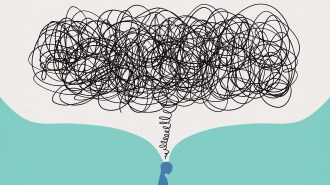 Psychology
PsychologyBreaking negative thought patterns could ward off anxiety, depression
Getting stuck in a negative loop is part of many mental health disorders. A new therapy focuses more on these thought patterns than the thoughts themselves.
By Sujata Gupta -
 Health & Medicine
Health & MedicineA man volunteered to get brain implants for depression. Hear his story
In the first episode of The Deep End Podcast, we meet Jon Nelson, who shares why he volunteered to get brain implants for his relentless depression.
-
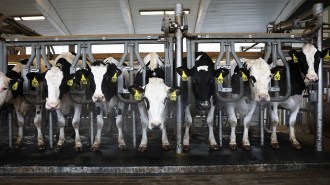 Health & Medicine
Health & MedicineA second version of bird flu is infecting cows. What does that mean?
While the risk to humans of exposure from cows or milk remains low, this new flu spillover from birds into cows raises the need for continued surveillance.
-
 Health & Medicine
Health & MedicineSleeping pills may have unexpected effects on the snoozing brain
As scientists unravel how sleep benefits the body, a study in mice is highlighting the potential pitfalls of using Ambien and other sleep aids.